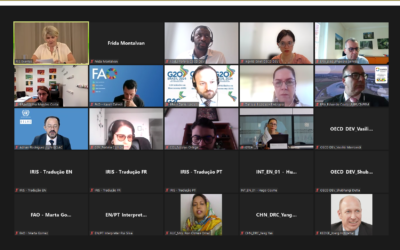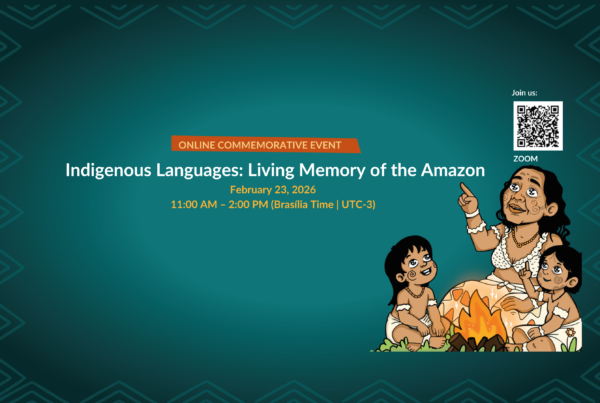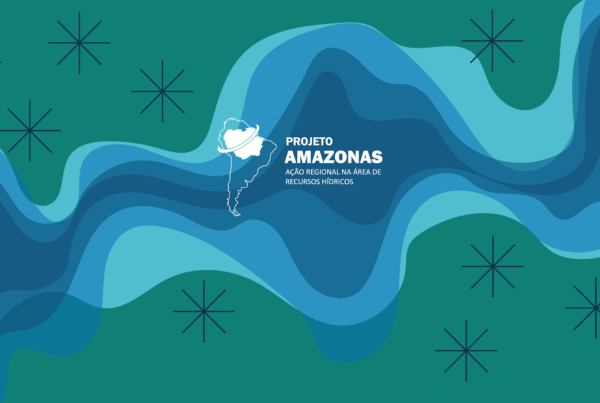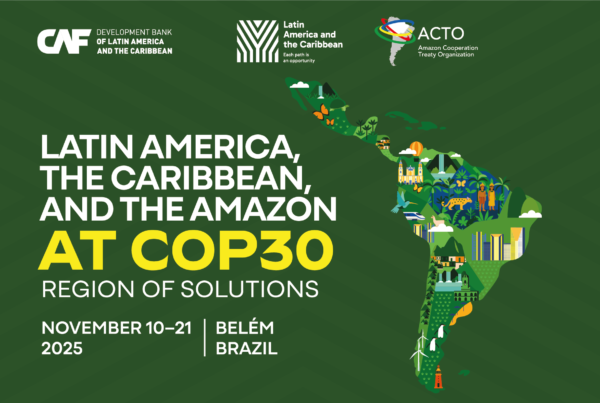The Administrative Director of the Amazon Cooperation Treaty Organization (ACTO), Edith Pardes, participated today in the Peer Learning Group (PLG) Meeting titled “Bioeconomy for Sustainable Development in the Amazon Region: Natural Assets for Economic, Social, and Environmental Transformation.” During her participation in the session, “Varieties of Bioeconomy Approaches,” Pardes highlighted the actions that ACTO has been developing in the Amazon region regarding bioeconomy.
In her speech, Pardes emphasized the importance of the bioeconomy as a driver of sustainable development, highlighting key projects that promote biodiversity conservation, regional cooperation, and technological innovation. “The bioeconomy represents a unique opportunity to transform our region by sustainably leveraging our natural resources and strengthening local capacities,” Pardes stated.
The PLG meeting is organized within the framework of the Production Transformation Policy Review (PTPR), focused on “Unleashing the Development Potential of the Bioeconomy in the Amazon Region.” This project, implemented in collaboration with the Government of Brazil, aims to provide an initial analysis of the bioeconomy’s development potential in the Amazon region, informing the future Production Transformation Policy Review. Additionally, the project seeks to contribute to discussions within the framework of Brazil’s G20 presidency for the G20 Bioeconomy Initiative.
The Declaration of Belém, a key document for ACTO, was also cited by Pardes during her speech. The declaration underscores the importance of the bioeconomy for sustainable development in the Amazon, highlighting the need for an integrated approach that combines conservation, economic development, and social well-being.
The PLG meeting brings together experts from government, the private sector, academia, and international organizations committed to sharing knowledge, information, and lessons learned. The outcomes of this meeting will inform the PTPR report, contributing to a shared vision and effective strategies for the sustainable development of the Amazon region.



